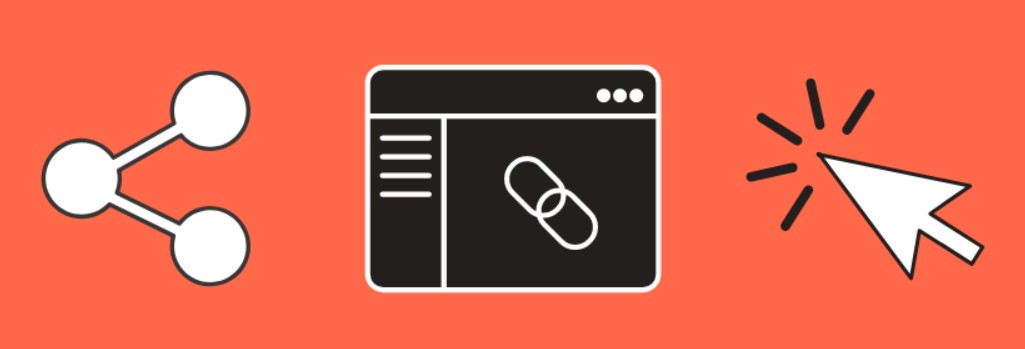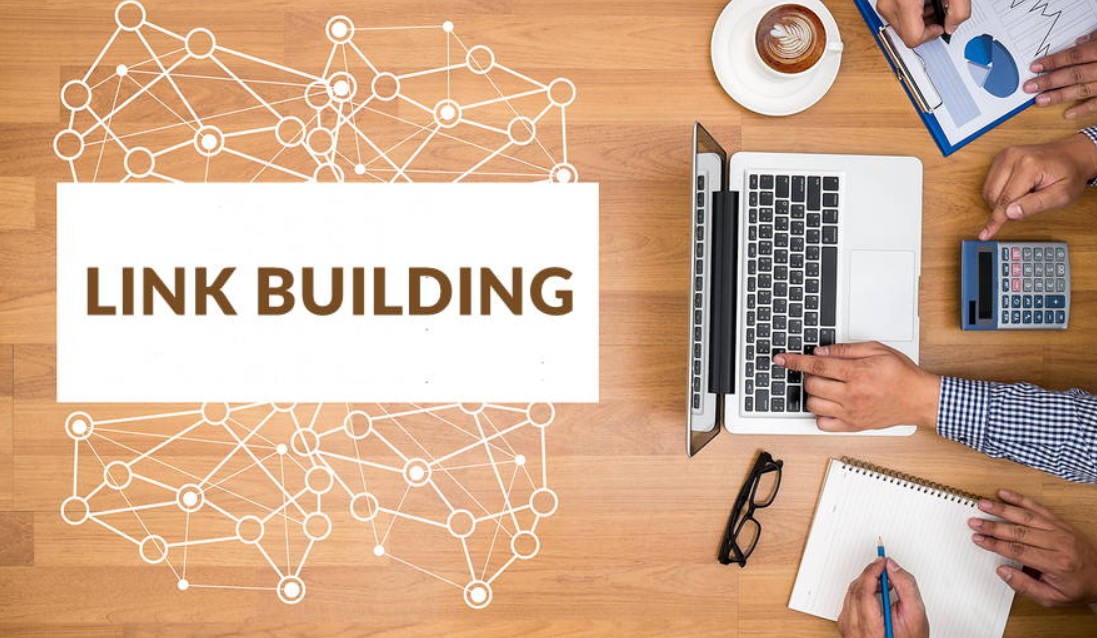What is a linkbuilding strategy?
There are many techniques that exist in the world of digital marketing to improve the organic positioning of a website, and linkbuilding is one of the most popular. A linkbuilding strategy consists of building links pointing to a web page. This technique is one of the most important factors to improve web positioning. There are 2 types of linkbuilding, internal (SEO On Page) and external (SEO Off Page).
Internal Linkbuilding
Google and other search engines like order and having things clear. With a good internal linkbuilding strategy you will be able to show the different search engines all the levels of your website. What we do with this strategy is to give a hierarchy of content. The most normal is that the home page of the website, here I put a link to my main website (where I talk about my experience as a digital marketing consultant), is the one that receives more internal links, followed by the categories, and after these the subcategories.
There is an expression that perfectly defines what I have explained, the Link Juice. Link Juice is a technique for transferring authority internally. In the image below you can see perfectly the importance of the hierarchy in a web page, being the home page the one that has more “juice”.

In addition, an internal linbuilding strategy will help you to position new pages or articles on your blog. If there is no link to a page, search engines will take much longer to find it, and therefore to rank it.
In the following picture you can see the internal links section of Google Search Console. As you can see, my internal linkbuilding strategy is mainly focused on the home page.
There are many people who do not give importance to this SEO strategy, thinking that it is not useful, which is totally wrong. Especially at the beginning, it is essential.
External Linkbuilding
An external link is that link that from a third party website, not ours, is pointing directly to us. There are several ways to get those external links pointing to your website:
In a natural way: people link you to their website because they consider that the content of your website is interesting.
With collaborations: if you have a blog and a certain authority, it is normal that several people offer to exchange a couple of links, win win.
Artificially: when you are starting in positioning is difficult to get a link with any of the ways listed above, and therefore resorted to do it manually. From creating different profiles in social networks, such as Linkedin, pointing to your website. Even the elaboration of articles in free publishers, but this can have negative consequences.
A good external linkbuilding strategy will make us position ourselves in more keywords than we have on the web. After all, the keywords of a web page can be limited, but from outside we can point to our website with a word that interests us.
As you will understand, it is not the same that a page like “El Mundo” links you to the page of the store around the corner. Google gives a score to the links that will depend on several factors.
Page Authority: the higher the PA (Page Authority) the more weight the link will have.

Domain Authority: the same as the previous point, the higher the DA (Domain Authority) the more value that external link will have.
Subject: it is suspicious if you are a law firm and you have several links from a rare sports company. Google can understand that these links are bought, and can penalize you. It is therefore important to check which links are pointing to our website, to avoid problems with these issues.
There are 2 types of external links, NoFollow and DoFollow. DoFollow links are designed so that when Google robots pass through them, they follow them to their destination. In this way they are transferring authority to the website they are directed to, they are the really valuable links. NoFollow links, on the other hand, tell Google bots that you do not want them to go to that destination. This is done in cases where the destination is a page that is not related to us or our industry, and we do not want Google to think we are selling links. It is a way to cover ourselves.
In the image below I show the Google Search Console page where you can observe and control the external links. One of my clients is a law firm, and as you can see, it has some external links coming from specialized portals in the sector.
Can Google penalize me?
Yes, obviously. When Google sees that there is something wrong, it usually acts. In the first instance, all it will do is give you a warning. If the situation does not change in a while, it will give you a manual penalty. That is, you will lose positions for a while in its ranking. If after these two warnings you continue the same, they will give you a penalty based on algorithms, that is to say, very complicated, if not impossible, to recover. The algorithm that does this is Penguin, which is designed to penalize aggressive link bullying.
Does my website need a linkbuilding strategy?
If you ask this question it means that you have not read the whole text. The answer is a resounding YES. You should not be overwhelmed, especially at the beginning, for not having external links, focus on internal links to properly organize your website. Don’t go crazy looking for external links to increase the relevance of your website if you don’t want a penalty. And above all, do a good job both in terms of content and services offered and the links will come little by little. Plan your linkbulding strategy wisely to improve your web positioning.




Leave a Reply